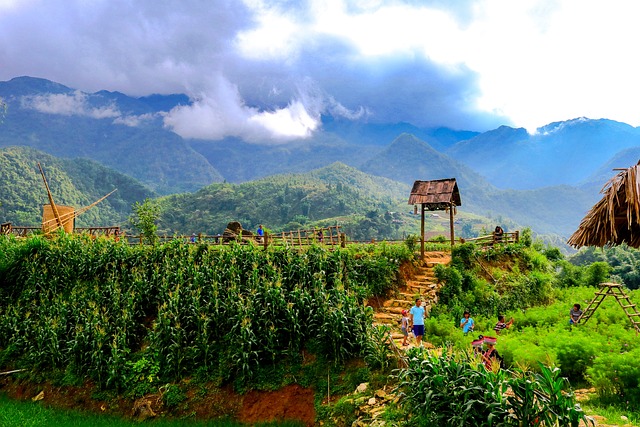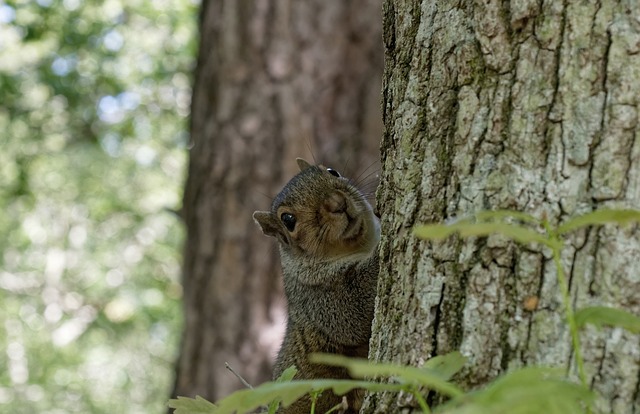federal jogo do bicho 🏈 Federal Jogo do Bicho: A Dance of Legality and Tradition in Brazil

Federal Jogo do Bicho: A Dance of Legality and Tradition in Brazilfederal jogo do bicho
In the vibrant tapestry of Brazilian culture, few threads are as colorful and intricate as the jogo do bicho. This illicit lottery, sprouting from the roots of a bygone era, now intertwines with the corridors of power, sparking debates that echo through the hallowed halls of justice and public sentiment. The recent federal maneuvers surrounding this beloved yet contentious game lay bare the tension between tradition and legality, revealing a nation grappling with its identity and moral compass.federal jogo do bicho

At its core, jogo do bicho is a game steeped in folklore and community camaraderie. Born in the late 19th century, it emerged as an informal betting system involving animal symbols, where players wager on the outcome of a random draw. Over the decades, it has evolved from a mere pastime to a cultural phenomenon, deeply ingrained in the social fabric of many Brazilian neighborhoods. The game offers not just a chance to win, but a connection to one's roots, a nod to the ancestors who played it long before it became entangled in the web of legality.federal jogo do bicho
Yet, the charm of jogo do bicho belies its complex relationship with the law. Officially classified as illegal, the game has paradoxically flourished in the shadows, often linked to organized crime and corruption. The federal authorities, driven by a desire to impose order and regulation, have repeatedly attempted to eradicate this cultural staple. However, each crackdown only serves to deepen the entrenchment of the game within society. The allure of easy money and the thrill of participation ensure that it remains resilient, much like the spirit of the Brazilian people.federal jogo do bicho
The current federal discourse surrounding jogo do bicho reflects a broader struggle within the nation—a quest for modernization while holding onto cherished traditions. As lawmakers deliberate on potential reforms, the dialogue reveals the intricacies of Brazilian society. Advocates for legalization argue that embracing the jogo do bicho would not only acknowledge its cultural significance but also provide a means to regulate and tax the industry. This, they contend, could yield substantial revenue for public services, while simultaneously dismantling the illicit networks that profit from its prohibition.federal jogo do bicho
Conversely, opponents voice concerns over the potential consequences of legitimizing an activity historically linked to crime. They warn that regulation might inadvertently legitimize criminal enterprises, providing them with a veneer of respectability. This tension underscores a fundamental question: Can a nation reconcile its love for a game that embodies both community spirit and shadowy dealings?
The narrative surrounding jogo do bicho is further complicated by the socio-economic factors at play. In a country marked by stark inequalities, the game often serves as a form of escapism for those on the fringes of society. It provides a fleeting hope for financial windfall, a chance to break free from the shackles of poverty. In this light, the federal response to jogo do bicho is not merely a legal issue but a reflection of societal values and priorities.
As the federal government navigates this labyrinthine issue, it becomes apparent that any resolution must involve more than legal adjustments. It necessitates a cultural reckoning, a dialogue that acknowledges the game's place in the hearts of millions, while also addressing the realities of crime and corruption. The challenge lies in crafting a framework that honors the spirit of jogo do bicho while safeguarding the integrity of the nation’s legal system.federal jogo do bicho

In the backdrop of this unfolding drama, the voices of the players—those who stake their hopes on the outcome of each draw—resonate with urgency. They represent a microcosm of Brazilian society, a reflection of dreams and aspirations that transcend the confines of legality. As discussions about the future of jogo do bicho continue, one cannot help but ponder the delicate balance between embracing cultural heritage and upholding the rule of law.
In conclusion, the saga of federal jogo do bicho encapsulates a broader narrative about Brazil itself—one of resilience, complexity, and a deep-seated yearning for identity. As the nation stands at a crossroads, the path forward remains uncertain. Will Brazil choose to embrace its traditions, weaving them into the fabric of modern legality, or will it continue to chase shadows in a game that, for many, is as much about community as it is about chance? The answer lies in the hands of those who believe that in every draw, there exists not just the possibility of winning, but the hope for a future where heritage and legality can coexist harmoniously.federal jogo do bicho
Fale conosco. Envie dúvidas, críticas ou sugestões para a nossa equipe através dos contatos abaixo:
Telefone: 0086-10-8805-0795
Email: portuguese@9099.com


